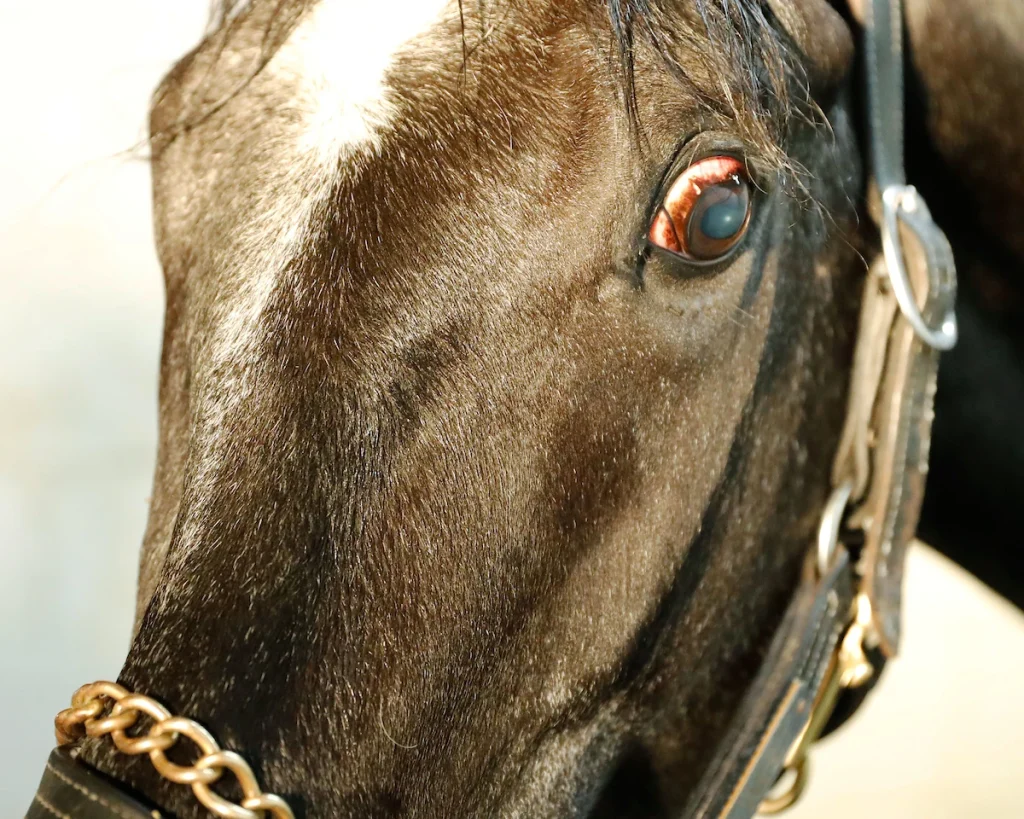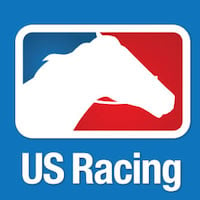Once again this year, the Kentucky Derby will be run for a purse of $5 million, which means the winner will take home a minimum of $3 million. But before the group of 20, pending late defections, makes it to the starting gate, a significant financial investment has been made. Many have been purchased at auctions or privately after beginning their racing careers, while others are bred by their owners, who paid stud fees – sometimes top dollar – to possess what they hope is the perfect Derby runner.


The last yearling sales purchase to win the Derby, who did not pass through another sales ring, was Authentic in 2020. Before that, Triple Crown winner Justify brought $500,000 as a Keeneland September yearling. And the last 2-year-old in training sales purchase to win the Derby was 2023 winner Mage, who was sold for $295,000 at the Fasig-Tipton Midlantic sale. He was previously a $230,000 Keeneland September yearling.
The last private purchase to win the Derby was 2009 winner Mine That Bird, and the previous homebred to win the Derby was Mystik Dan a year ago. The 2023 winner, Rich Strike, was claimed from his breeder, Calumet Farm, for $30,000 out of his second career start.
This year, 15 members of the Derby field, not including the singe also-eligible, were sold at public auction. Four are homebreds; another appears to have been purchased privately with no auction history available. Also, Publisher was sold by his breeder, the estate of the late Kentucky Governor Brereton C. Jones’s Airdrie Stud, to Gus King for $600,000 as a yearling at Fasig-Tipton in 2023, and Jones’s estate is still listed as co-owner of the American Pharoah colt.
The most expensive runner in the list of likely starters this year is Arkansas Derby (G1) winner Sandman, who was a $1.2 million Ocala Breeders’ Sales 2-year-old a year ago. Conversely, Risen Star Stakes (G2) and Louisiana Derby (G2) runner-up Chunk of Gold was purchased for just $2,500 as a Fasig-Tipton October yearling.
Fusaichi Pegasus remains the most expensive purchase in Kentucky Derby history, having brought $4 million as a Keeneland July yearling in 1998 before winning the Derby almost two years later. By comparison, Venezuelan-raced Cannonero II was just $1,200 at Keeneland September yearling in 1969, even with inflation making him the best bargain.


The writing team at US Racing is comprised of both full-time and part-time contributors with expertise in various aspects of the Sport of Kings.























